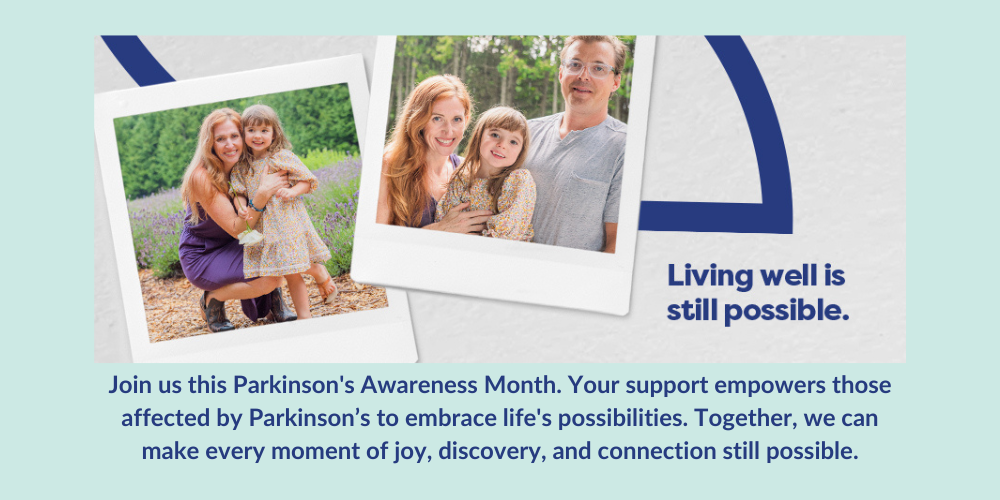The power of social connection
The relationship between Parkinson's disease severity and quality of Life: The role of social functioning

Esztella Vezer was running a choir for people with Parkinson’s as part of her Master’s research when she noticed additional benefits beyond those she’d designed her study to track.
Not only did their voices grow stronger and louder as they participated in the choir, but the singers also gained confidence.
“People really came out of their shells,” says Vezer, a PhD candidate in psychology at Toronto’s Ryerson University-Yeates School of Graduate Studies. “You could really tell it was enriching their lives.”
Vezer’s experience with the choir led her to wonder just how much social interaction and social support affect the way people with Parkinson’s perceive their quality of life.
Researchers already know many people with Parkinson’s report having a high quality of life despite the challenges of motor and non-motor symptoms.
Now Vezer is honing in on what types of social activities and what kinds of support affect the way people with severe symptoms view their lives.
She’s recruiting about 550 people with Parkinson’s to fill out questionnaires recounting their social activities or interaction and describing the kinds of support they receive.
That support can be tangible, such as financial assistance or help with transportation, or less tangible emotional support, including belonging to a support group or having someone to talk to about their experiences.
All these factors can improve the way people experience their lives, Vezer says.
“Through statistical analysis, we are going to see whether the relationship between Parkinson’s symptoms and quality of life is different based on the level of social support, social participation,” she says.
Vezer expects that, as was the case for the choir members, participating in social activities and having others to talk to will improve quality of life.
Even people who are severely limited in mobility or communication may rate themselves highly, she says.
“People who are able to harness social relationships or are more keen on going out and doing things despite their challenges – those are the people we expect will report less of an impact on their quality of life,” she says.
Vezer’s findings could be used to design future programs to better support people with Parkinson’s.
“Quality of life is one of the most important outcome measures that both people with Parkinson’s and researchers cite – how happy you are in life,” she says. “We can change that without changing the disease.”

